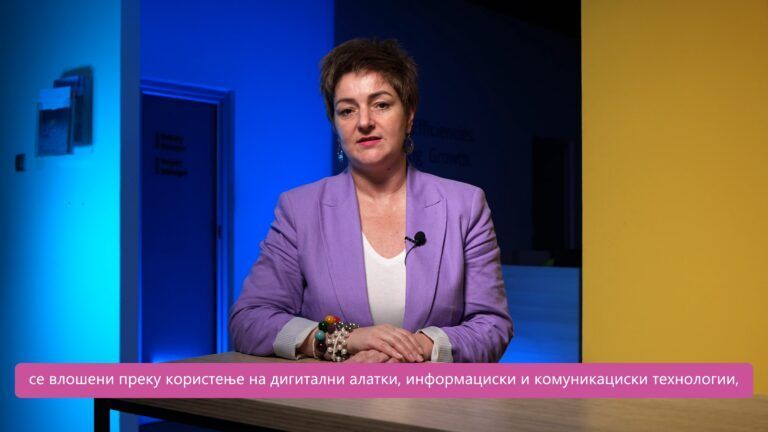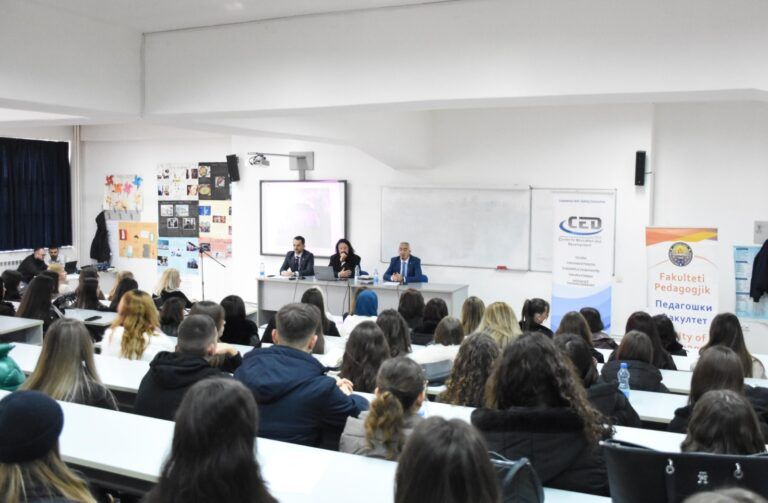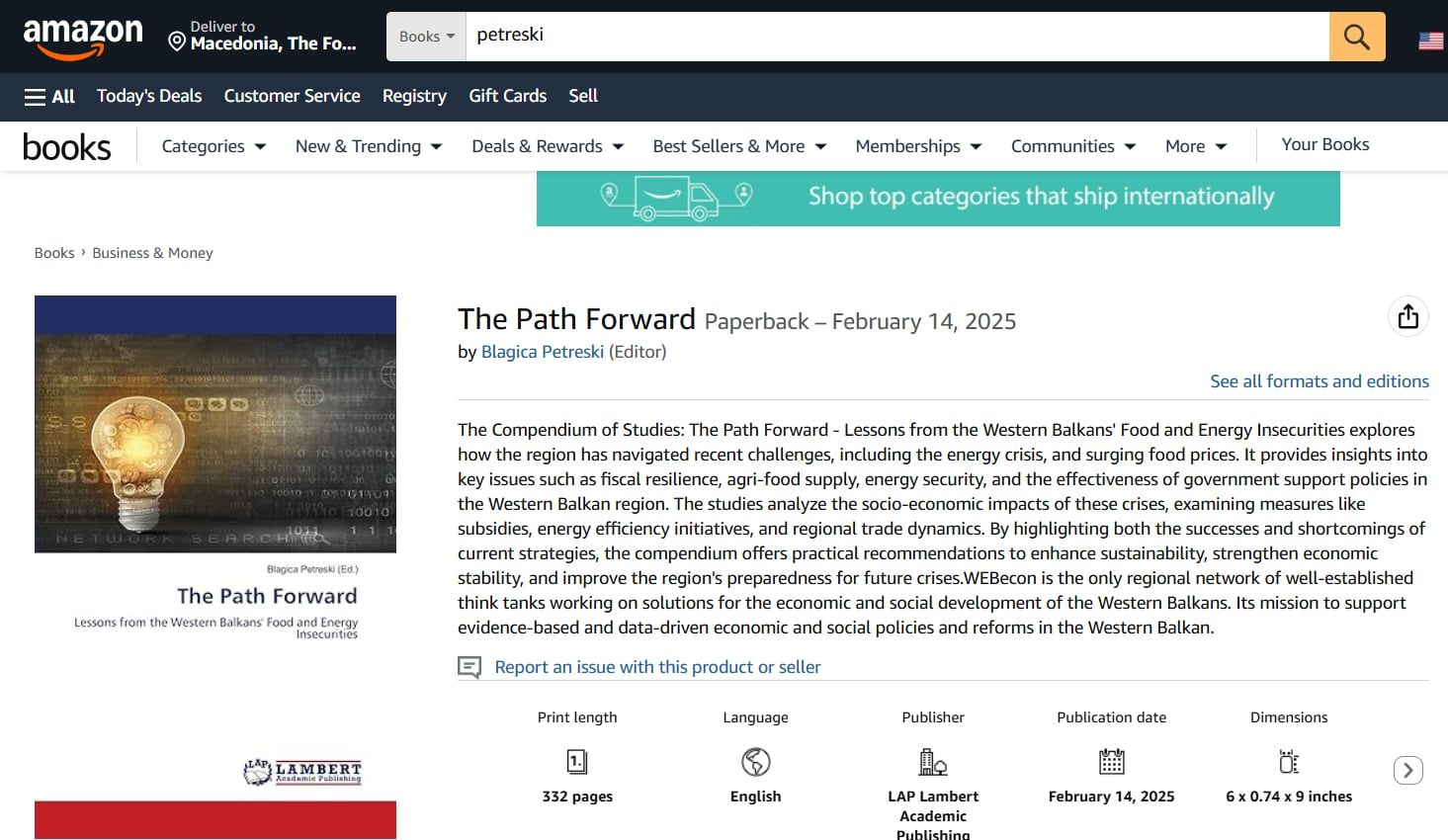
We are proud to present our newest book “The Path Forward – Lessons from the Western Balkans’ Food and Energy Insecurities”, an international publication now available on #Amazon, published by #LambertPublishing!
This compendium of studies analyzes the biggest ongoing economic challenges in the Western Balkans – the energy crisis, rising food prices, fiscal resilience, and government policies. How is the region tackling these crises? Which measures are working, and where is there room for improvement? Our book provides concrete recommendations for a stronger economy and sustainable development.
WEBecon Network, the only regional network of economic think tanks, proudly supports this publication, continuing its mission to shape evidence-based and data-driven policies.
Support this initiative – share, read, discuss!
ACIT
The production of the studies and the book has been generously supported by SMART Balkans.


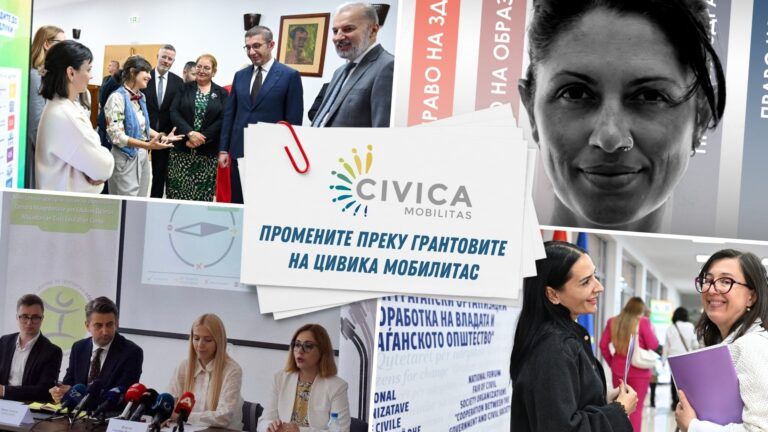
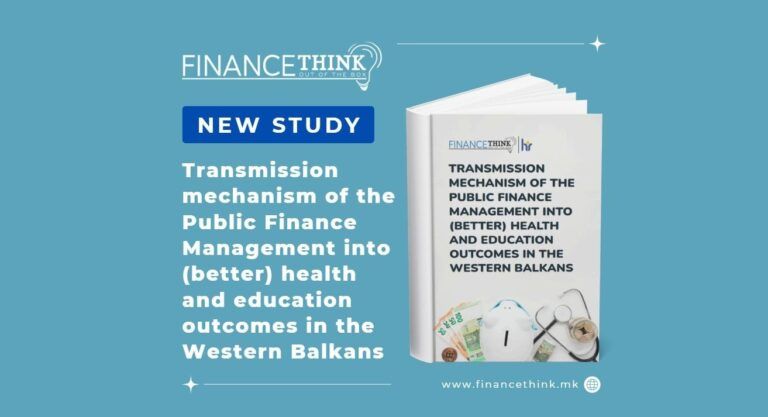
![[Aggregator] Downloaded image for imported item #43092](https://civicamobilitas.mk/wp-content/uploads/2025/12/media-lit-call-for-proposals-fotor-naslovna.png)
![[Aggregator] Downloaded image for imported item #43146](https://civicamobilitas.mk/wp-content/uploads/2025/12/10-1536x1152-1-1024x768-1-768x576.jpg)
